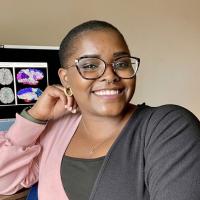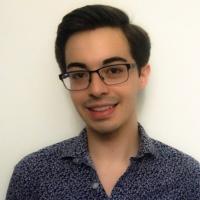Life-course Sociogenomic Analysis of Social Inequalities in Aging
Life-course social science links early-life social disadvantage with adverse outcomes in aging. A gap in knowledge is how social disadvantage is biologically embedded, leading to social inequalities. A hypothesis is that social disadvantage actually hastens aging. While everyone ages chronologically at the same rate, biological changes with aging may proceed faster for some than others. These changes are thought to be a root cause of disease/disability and an intervention target to extend healthy lifespan. A knowledge gap is whether social disadvantage hastens aging-related biological changes. If so, it would open opportunity to join forces between biomedical research developing interventions to slow aging and social science research to address social inequalities. New methods can quantify biological aging. We will apply these methods in 2 biosocial surveys to test if measures of biological aging relate to social disadvantage and how they are affected by social mobility.
Featured Publication: Graf GH, Crowe CL#, Kothari M, Kwon D, Manly JJ, Turney IC#, Valeri L, Belsky DW*. Testing Black-White disparities in biological aging in older adults in the United States: Analysis of DNA methylation and blood chemistry methods. American Journal of Epidemiology. Published online December 1, 2021 (https://doi.org/10.1093/aje/kwab281)
Featured Publication: Graf GH¶, Zhang Y¶#, Domingue B, Harris KM, Kothari M, Kwon D, Muennig PA, Belsky DW*. Social mobility and biological aging among older adults in the United States. PNAS Nexus, pgac029, Published online March 29, 2022. PMC9123172
Featured Publication: Crowe CL#, Domingue BW, Graf GH, Keyes KM, Kwon D, Belsky DW*. Associations of Loneliness and Social Isolation with Healthspan and Lifespan in the US Health and Retirement Study. Journals of Gerontology, Series A: Medical Sciences, 76(11):1997-2006. PMC8514074
Gloria Grafe, PhD

Indira Turney, PhD

Christopher Crowe, MPH



